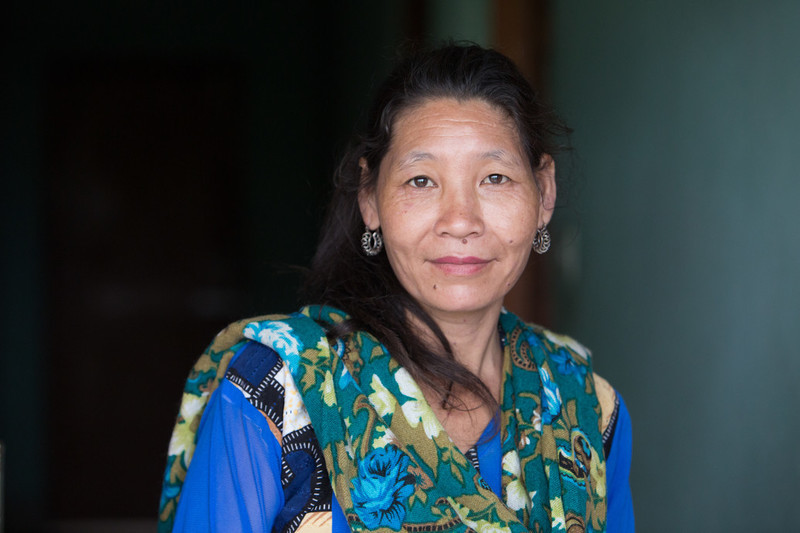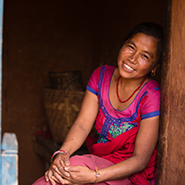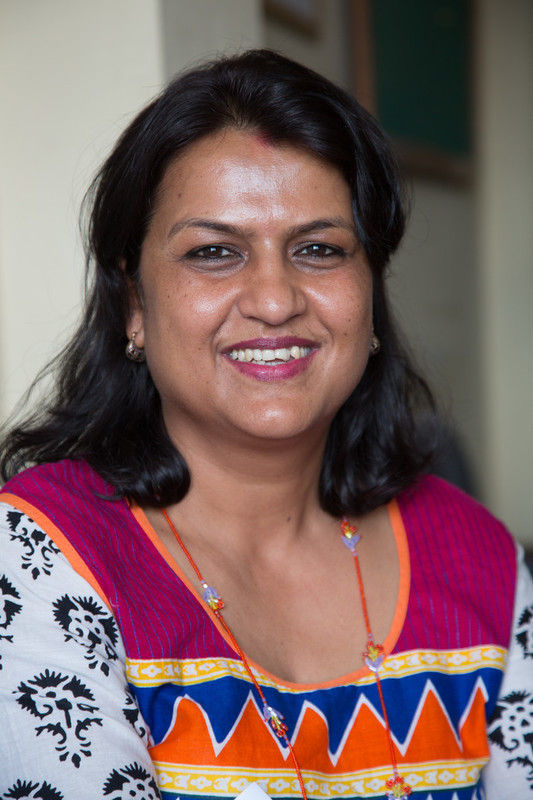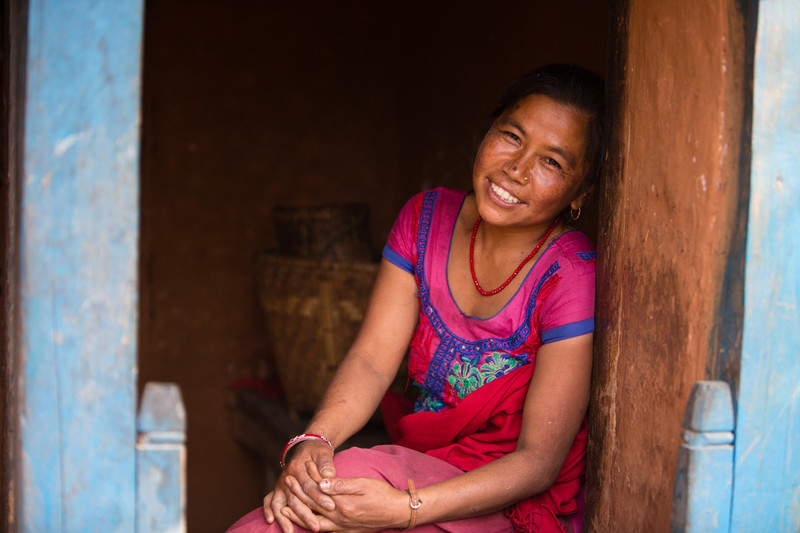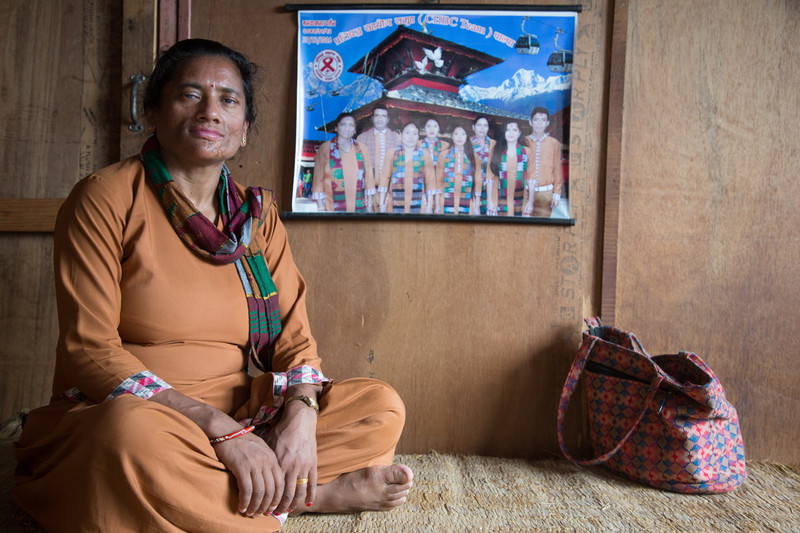“When I was 14, I was trafficked to India,” says 35-year-old Lakshmi Lama. “I was made unconscious and was taken to Mumbai. When I woke up, I didn’t even know that I had been trafficked, I didn’t know where I was.”
Every year, thousands of Nepali women and girls are trafficked to India, some lured with the promise of domestic work only to find themselves in brothels or working as sex slaves. The visa-free border with India means the actual number of women and girls trafficked from Nepal is likely to be much higher. The earthquake of April 2015 also led to a surge in trafficking: women and girls living in tents or temporary housing, and young orphaned children were particularly vulnerable to traffickers.
“I was in Mumbai for three years,” says Lakshmi. “Then I managed to send letters and photographs to my parents and eventually they came to Mumbai and helped rescue me from that place". During her time in India, Lakshmi contracted HIV. Life after her diagnosis was tough, Lakshmi explains. “When I was diagnosed with HIV, people used to discriminate saying, “you’ve got HIV and it might transfer to us so don’t come to our home, don’t touch us,’” she says. “It’s very challenging for people living with HIV in Nepal. People really suffer.”
Today, Lakshmi lives in Banepa, a busy town around 25 kilometres east of Kathmandu. Things began to improve for her, she says, when she started attending HIV awareness classes run by Family Planning Association of Nepal (FPAN). Eventually she herself trained as an FPAN peer educator, and she now works hard visiting communities in Kavre, raising awareness about HIV prevention and treatment, and bringing people together to tackle stigma around the virus.
The government needs to do far more to tackle HIV stigma in Nepal, particularly at village level, Lakshmi says, “Attitudes of younger people to HIV are not changing fast. People still say to me: ‘you have HIV, you may die soon’. There is so much stigma and discrimination in this community.”
Stories
Read more stories about our work with people living with HIV
when
country
Nepal
Subject
HIV and STIs
Related Member Association
Family Planning Association of Nepal







